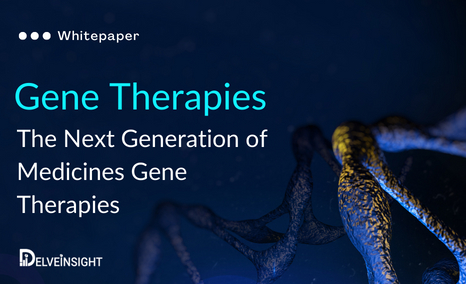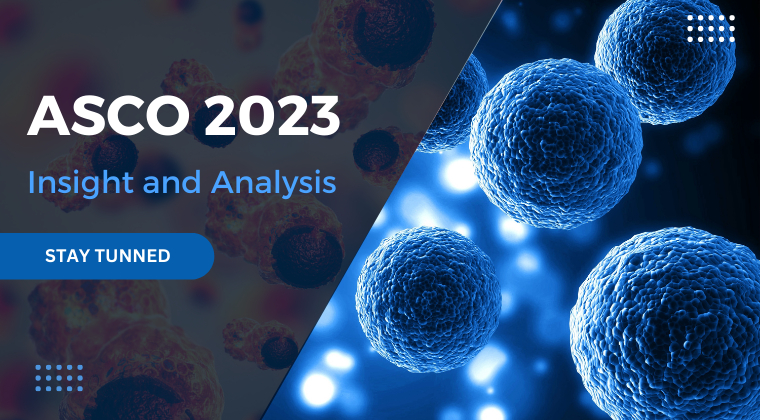Cluster of differentiation 40 or CD40 is a co-stimulatory protein found on the antigen presenting cells of the immune system. Agonistic CD40 molecules which include monoclonal antibodies (mAb) offer a new therapeutic option with the potential to generate anticancer immunity by various mechanisms. CD40 is a TNF receptor superfamily member expressed broadly on antigen-presenting cells (APC) such as dendritic cells, B cells, and monocytes as well as many non-immune cells and a range of tumors. Agonistic CD40 have shown to activate APC and promote antitumor T-cell responses and to foster cytotoxic myeloid cells with the potential to control cancer in the absence of T-cell immunity.
It has been reported that CD40 is widely expressed in both murine and human melanoma, prostate, and lung cancers as well as in carcinomas of the nasopharynx, bladder, cervix, and ovary. CD40 expression has also been reported on both non-Hodgkin’s lymphomas (NHLs) and Hodgkin’s lymphomas and on other hematologic malignancies, such as lymphocytic leukemia, lymphoma, multiple myeloma, and acute myeloid leukemia.
Current therapeutic pipeline for CD40 agonists is at a nascent stage. The key players include Apexigen (APX005M) and Cellular Biomedicine Group (CD40LGVAX), whose drugs are in Phase II mid-stage of development, which is the highest phase of development for this mechanism of action.
APX005M developed by Apexigen (originally developed by Epitomics) is undergoing several Phase II and I studies for Metastatic Pancreatic Adenocarcinoma, Non-Small Cell Lung Cancer, and several other cancer indications. On the other hand, CD40LGVAX developed by Cellular Biomedicine Group is a vaccine evaluated in phase II and phase I/II clinical trials for the treatment of non-small cell lung cancer. Other emerging companies’ including Abbvie and Alligator Bioscience have their drugs in the early stage of development.


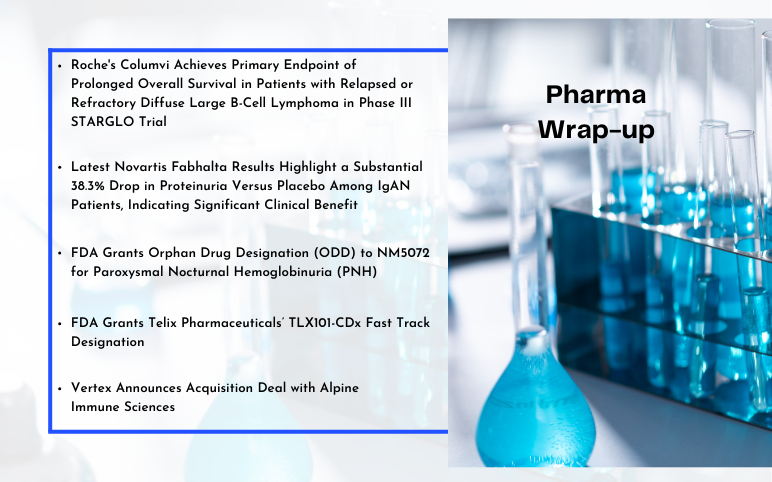
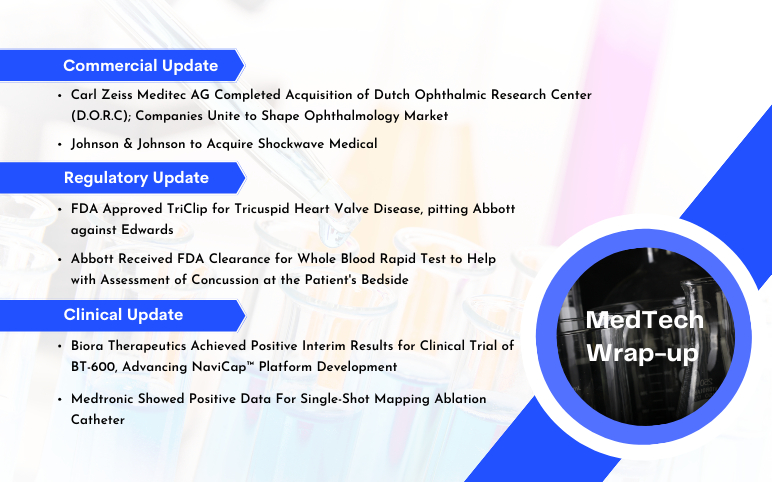
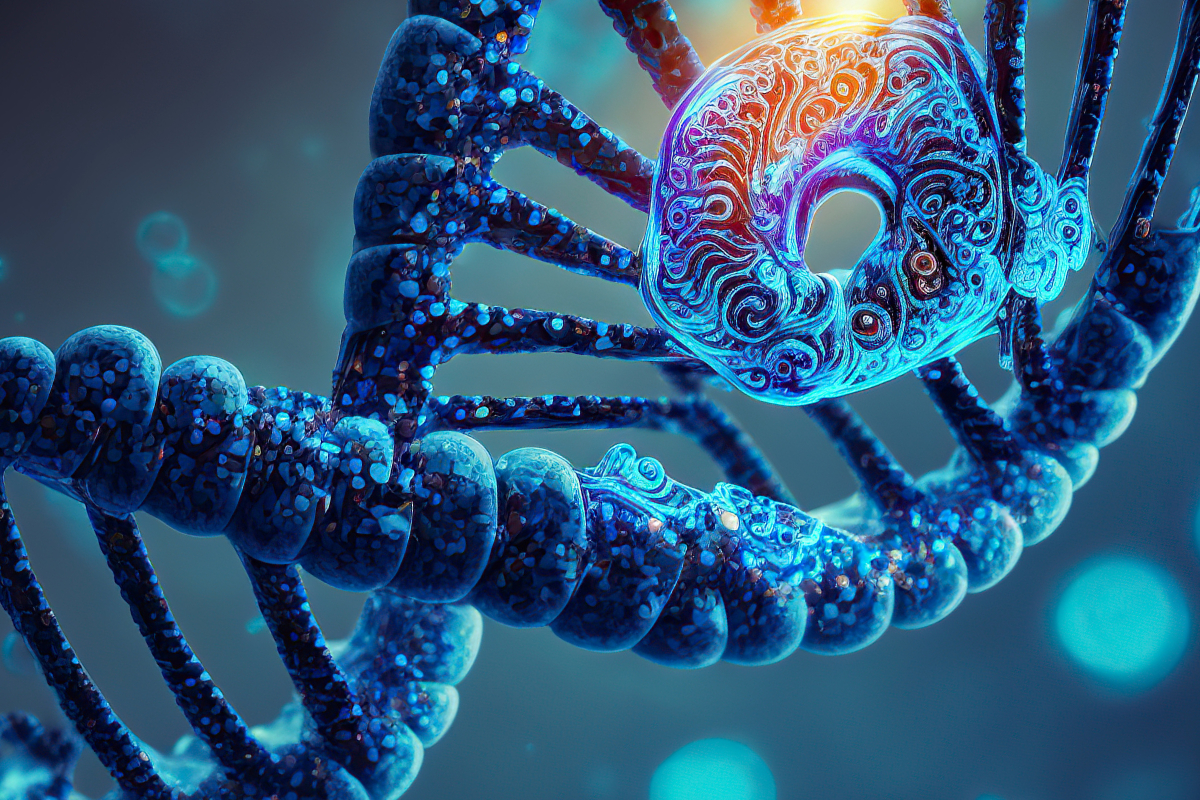

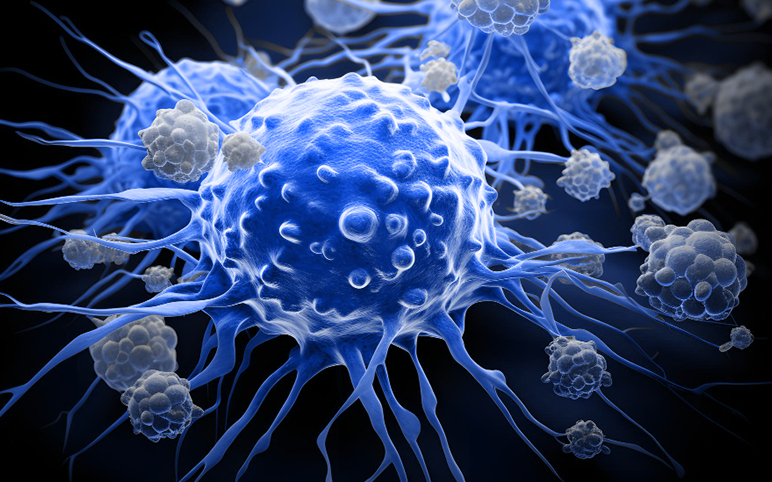

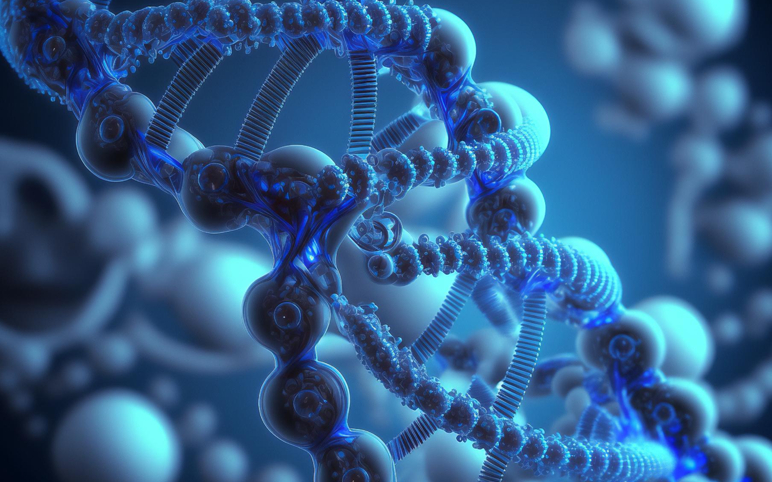
-Agonist.png)

